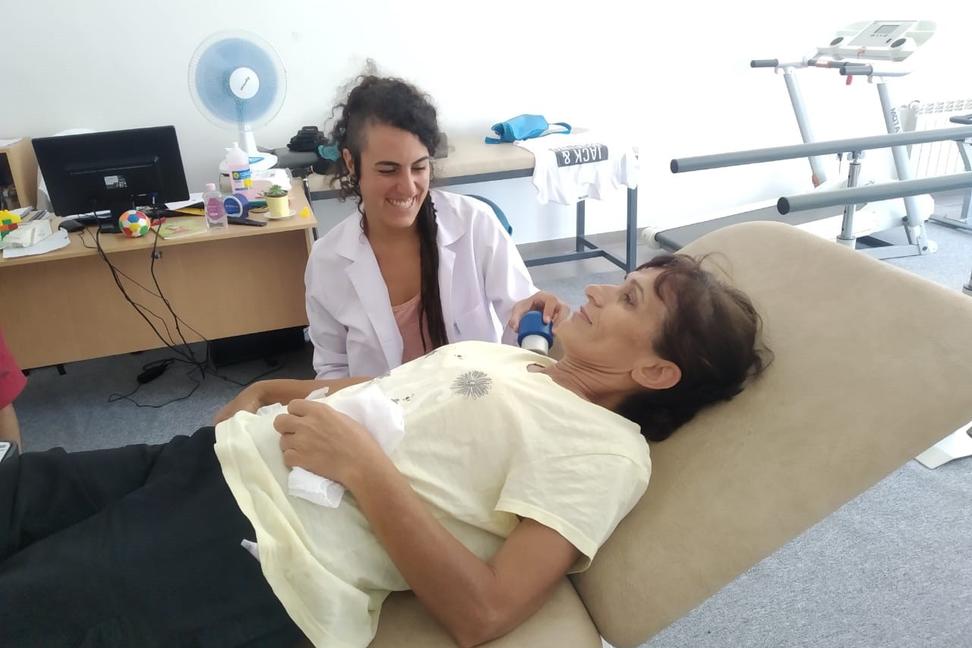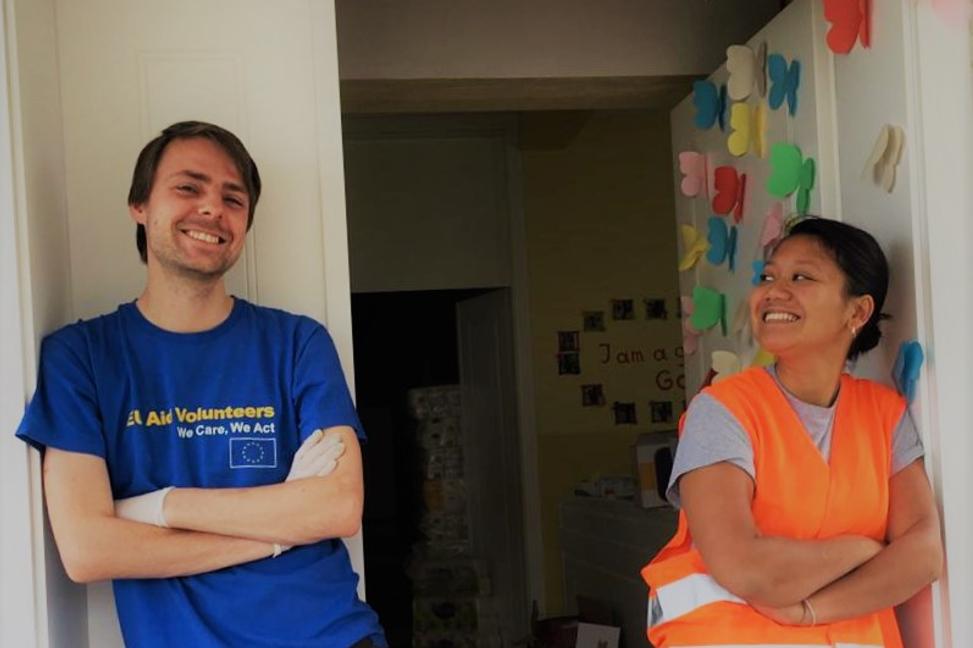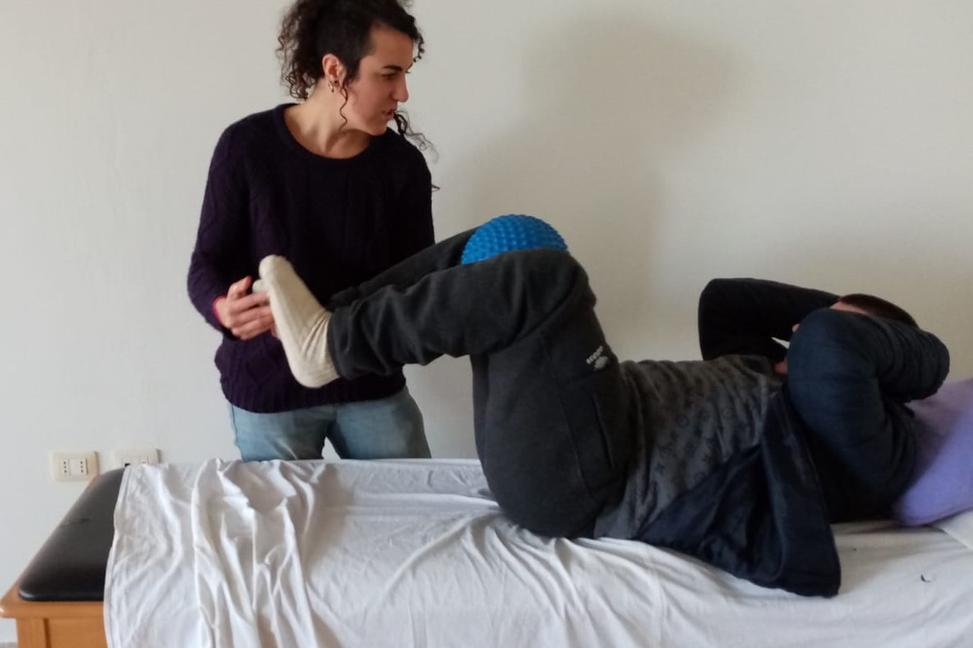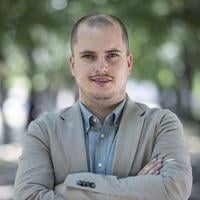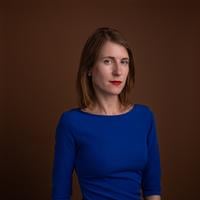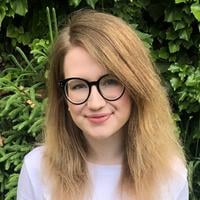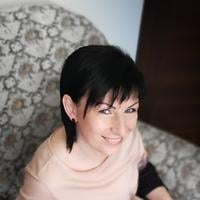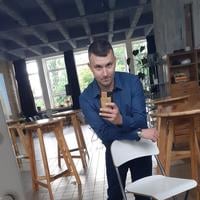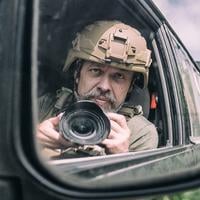It is already my sixth month of volunteering in Tirana within the new project. My task is to provide physiotherapy for people, who do not have access to treatment due to lack of economic resources or due to social exclusion. It has been quite different from the past year due to the Covid-19 but I am happy that, even so, we are able to work and continue with our life.
Patients need support regardless the pandemic
The activity has been lower at the community centers but the people still need the services offered there and we couldn’t stop our work now, during these difficult times. The work has become very unstable in terms of continuity and frequency. It is now harder to plan what will happen in two weeks because the cases may increase, new measures are announced all the time and the center may close for some days. Also, as we work with people in situation of vulnerability (vulnerable groups) we need to take particular care and don’t put them in risk. Regarding the beneficiaries’ point of view, it means they will have less opportunities to use the public services, they may find more obstacles to come to the community center (remoteness of the building, buses full of people…) and, in case of falling ill, they will find less support from the institutions. Even so, people are still arriving to the establishment and we have to try our best to give them the quality services they deserve.
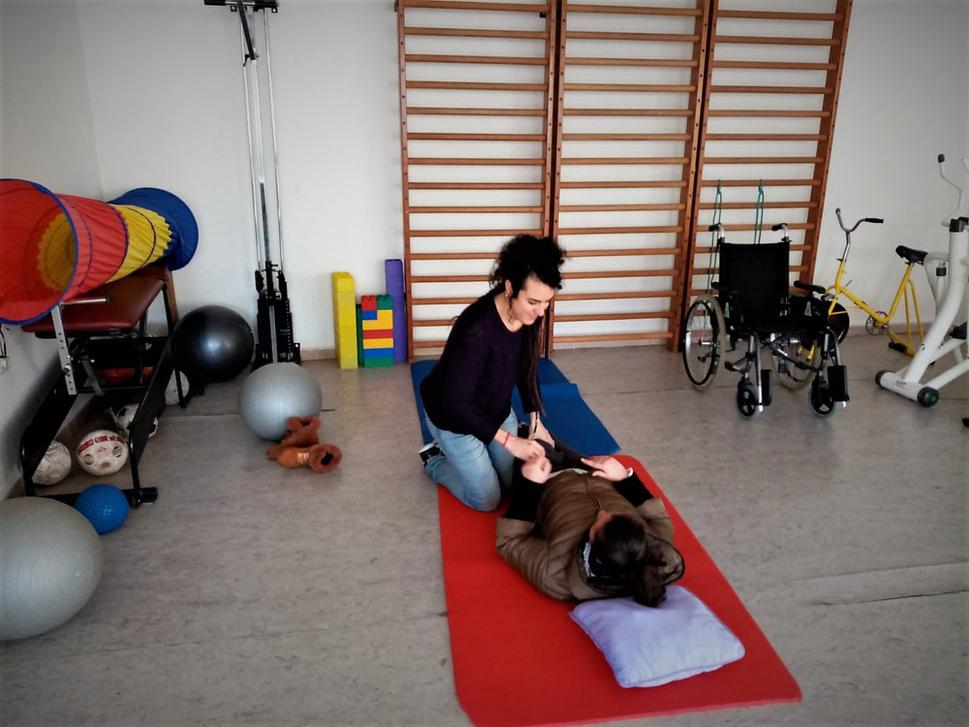
During this time, at the physiotherapy service we have worked with regular patients from last project and some new ones. We have tried new techniques and approaches and I can say I am happy with their progress. I would like to make a bigger impact but, given the current situation, we have to accept that the opportunities are now limited and we have to work with that.
Besides, I have been talking with the beneficiaries who come every day to the center and I realized that most of the time they don’t have anything to do but to wait . Waiting for meal to be ready, waiting for meeting a friend who also comes daily there, or waiting for the center to be closed and go back to the cold. In this time I got the idea to start a garden with them. Some of my patients told me they used to have hobbies like carpentry but they don’t have the space or the tools to make such a thing. Moreover, I would like to come up with activity that could help them to share experiences, to make some healthy physical work, to feel less stressed.
Garden as a cure during coronavirus pandemic
This EU Aid Volunteers project brings the opportunity to start own initiative and implement micro-project for each EU Aid volunteer with the support of his/her hosting organisation. The aim is to reinforce the local community on a sustainable way through new or innovative ideas to address the needs of community. I decided to apply for the grant with idea of establishing the collective garden for my patients.
"The concept of urban garden project will serve as an excellent alternative for obtaining and consuming food, aromatic and medicinal plants in order to improve the nutritional and food sovereignty of the beneficiaries of the center."
The garden will be urban, collective and healing in one. High percentage of the beneficiaries of the community centers in Tirana suffer from poor nutrition. It is mostly caused by a variety of endogenous and exogenous factors such as low level of education, lack of employment, predominant informal employment, low level of income. That is why the concept of urban garden project will serve as an excellent alternative for obtaining and consuming food, aromatic and medicinal plants in order to improve the nutritional and food sovereignty of the beneficiaries of the center. This is a collective project, so it will only work and be effective if everyone is engaged and shows his/her motivation to take part in it and to start build together.
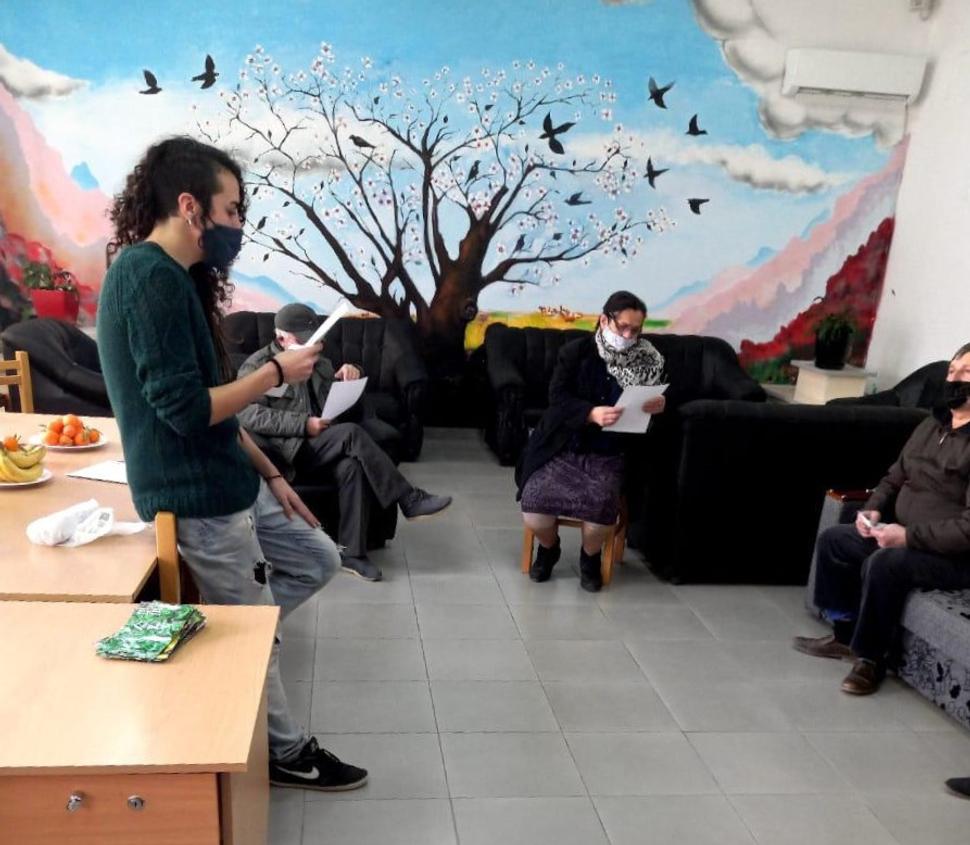
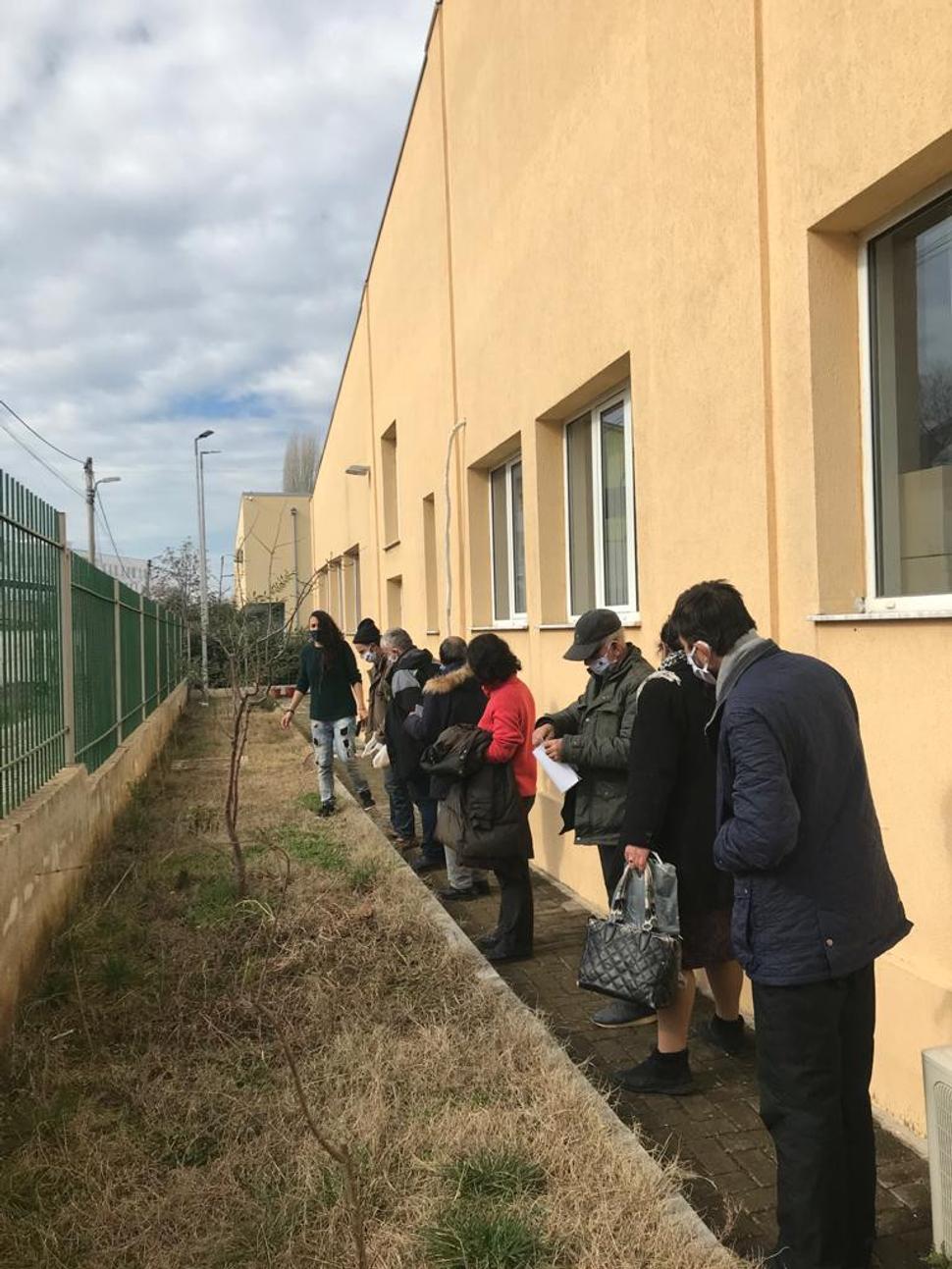
At the beginning of January, we received the positive answer. The project was supposed to last for 2 months and start in February. However, due to active cases of Covid-19 at the center we had to postpone activities for three weeks. These times have been also a little hard for me since I was in quarantine myself at home.
Before implementation, I met the staff of the community center, the beneficiaries for discussing about the logistic, the schedule, the space we will use and especially we talked about their expectation and how to work all together. It helped me a lot for better understanding their point of view about the project and which activities will be more suitable for them.
Accordingly, I planned the workshops related to:
- Classification of seeds and care of seedbeds.
- Cultivation of aromatic and medicinal plants.
- Growing edible plants.
- Propagation of plants with cuttings.
- Workshop for the elaboration of natural air fresheners.
- Aromatic and ornamental plants drying for other workshops.
- Healthy meal calendar of the month with harvest from the garden.
- Canning workshop.
- Creation of a compost place.
- Creation of Greenhouses.
We have made the first session already! I am very satisfied because everyone was very motivated to make the garden. I believe in positive impact and I am encouraged to do my best for the wellbeing of the community, both with the garden and physiotherapy.
The article was written on February, 17th, 2021. Stay tuned! The news on progress of Arancha's micro-project coming soon!
Author: Arancha Ferrer de la Cruz
EU Aid Volunteer
Arancha is an EUAV volunteer in Albania for a year, hosted by NCCS. Her deployment is a part of the project ‘Sustainable Development through Humanitarian Aid Volunteers 3 (SuDHAV3)’.The project is funded by European Commission under EU Aid Volunteer Programme, managed by The Education, Audiovisual and Culture Executive Agency (EACEA) in cooperation with The European Commission’s Directorate-General Humanitarian Aid and Civil Protection (DG ECHO). ADRA Slovakia is her sending organisation. Follow our Facebook to see how Arancha does in her current deployment.


